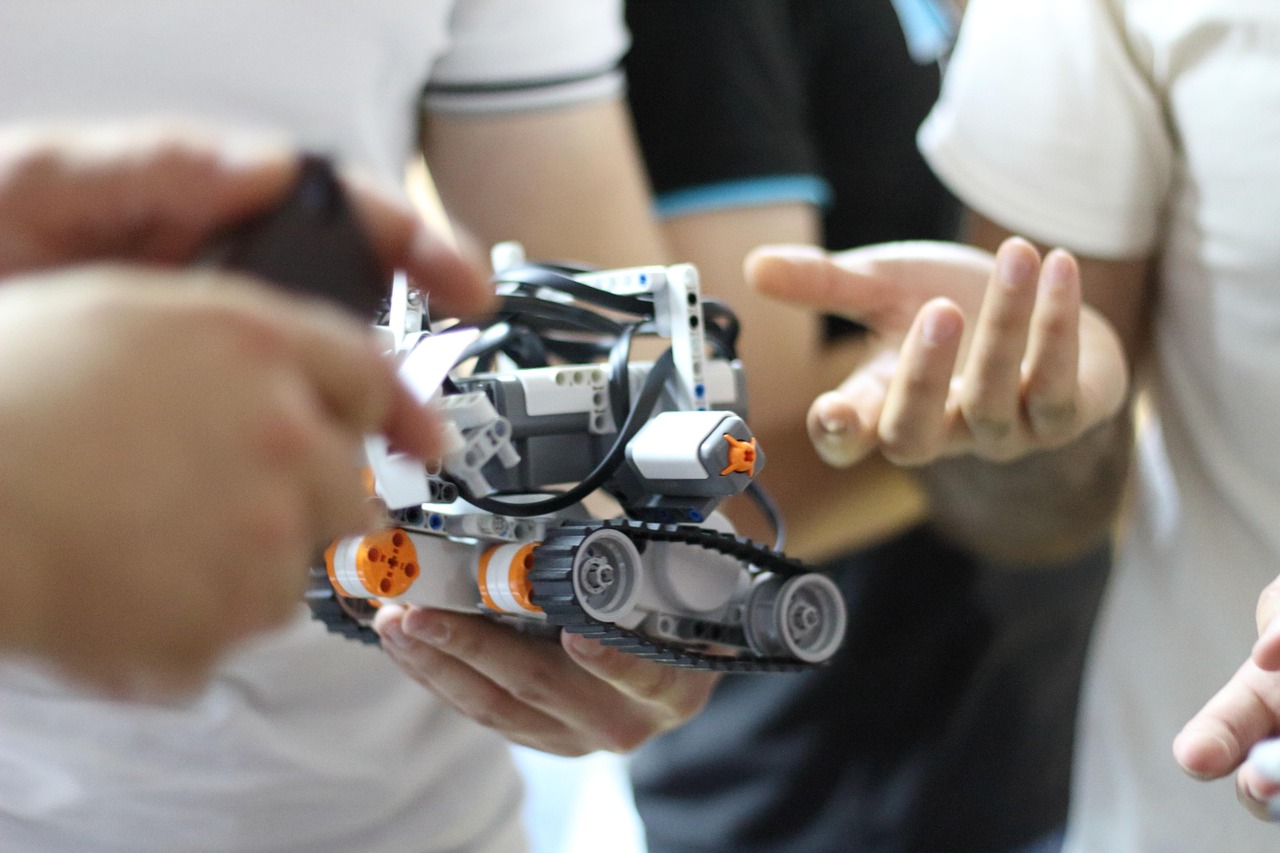Context
Policymakers worldwide prioritize understanding effective strategies for reducing violence, including violent extremism. However, there remains a notable gap in research evaluating the impact of development programs on violence reduction. To address this gap, Mercy Corps conducted a comprehensive impact evaluation of the Somali Youth Leaders Initiative (SYLI), a stability-focused youth program in Somalia, over a 5-year period.
Solution
The impact evaluation of SYLI focused on two program components: formal secondary education and civic engagement activities. Using survey data primarily from Somaliland, where the program has been operational for the longest duration, the study compared attitudes and reported violent behaviors among youth participating in the program and those outside of it. Additionally, in-depth interviews were conducted with various stakeholders, including teachers, community leaders, government officials, and youth.
Impact
The evaluation revealed that while providing secondary education through the SYLI program decreased the likelihood of youth engaging in violence by 16%, it paradoxically increased support for political violence by 11%. However, when combining secondary formal education with civic engagement activities, the SYLI program significantly reduced both the likelihood of youth participation in (by 13%) and support for (by 20%) political violence.





















